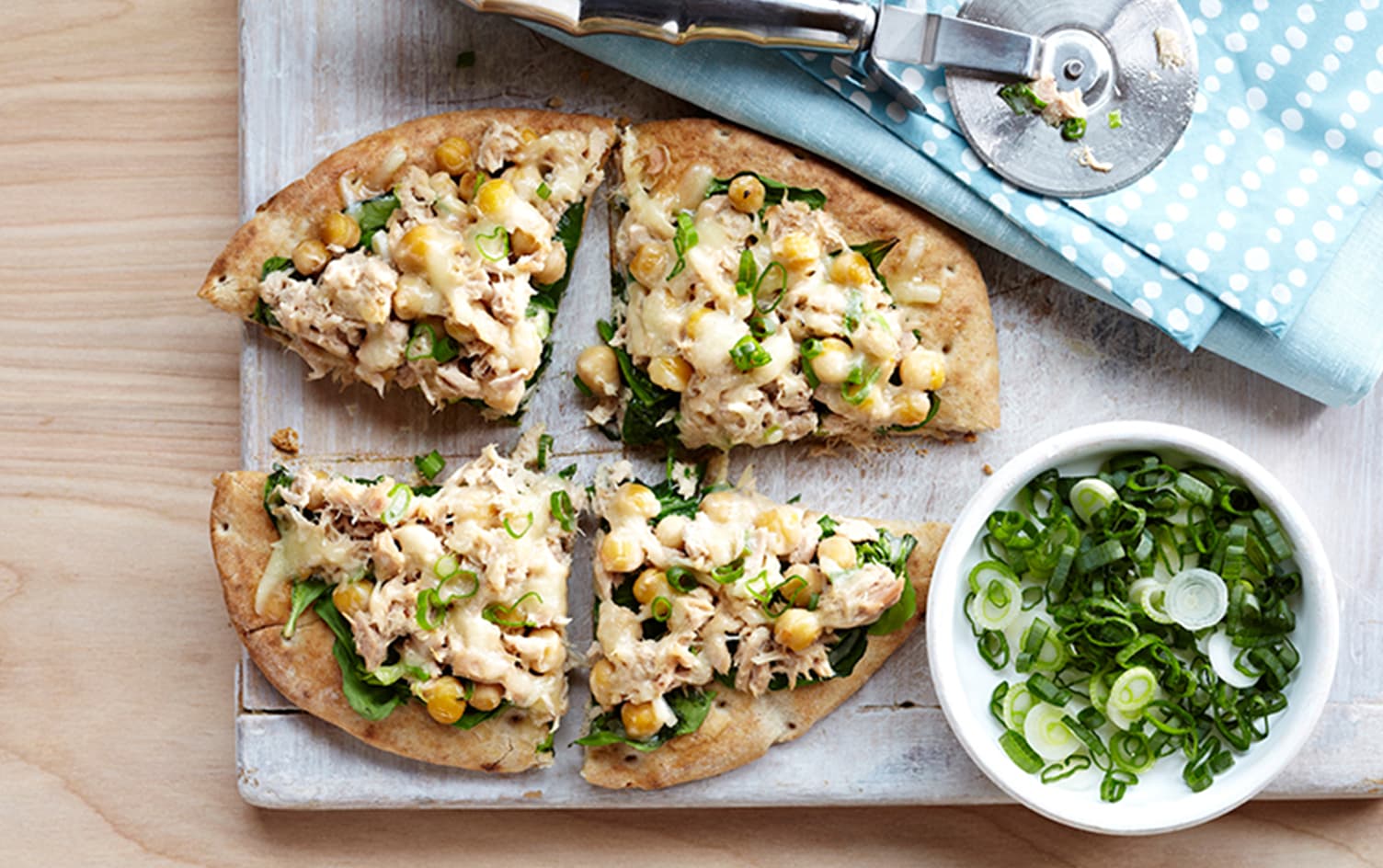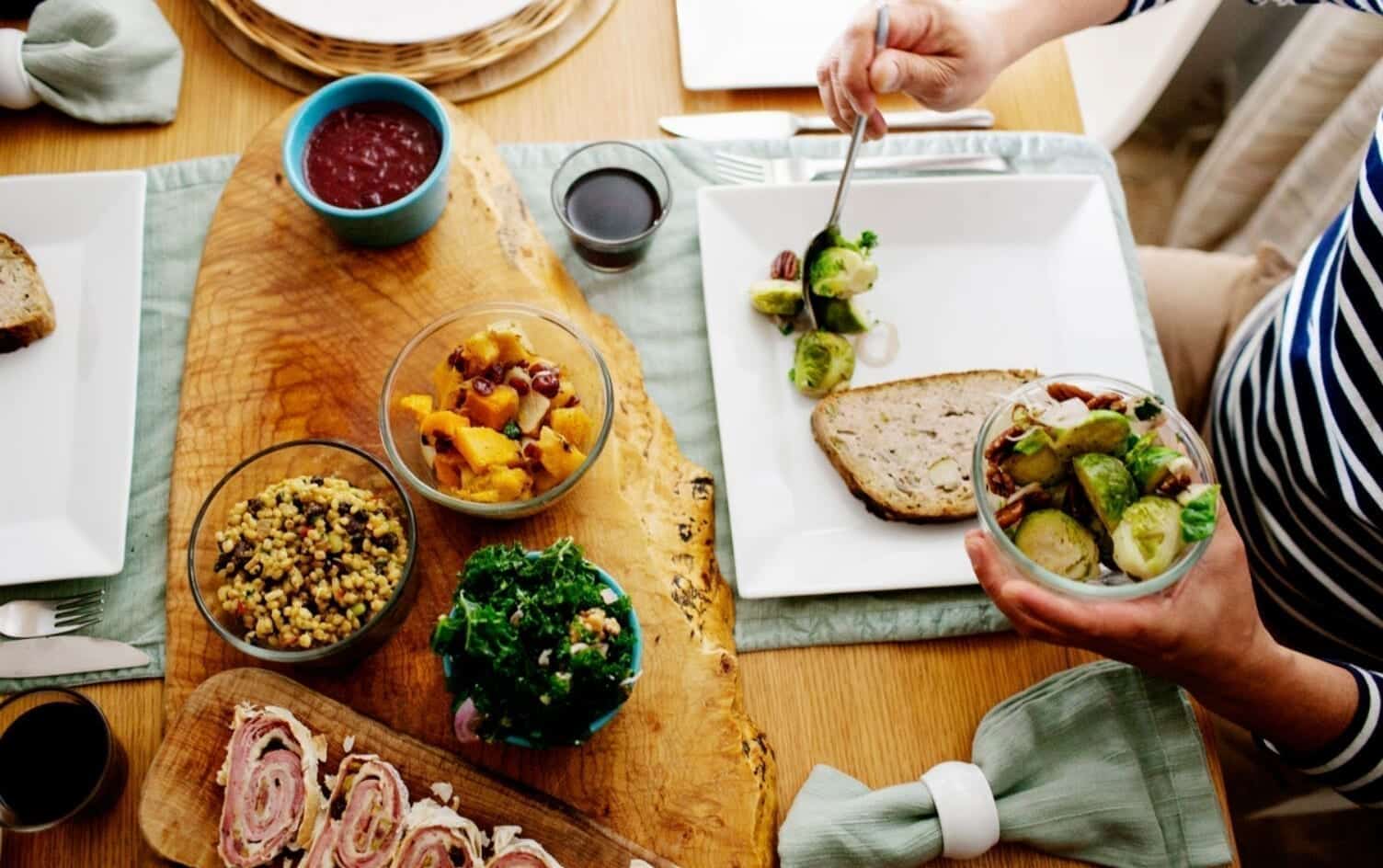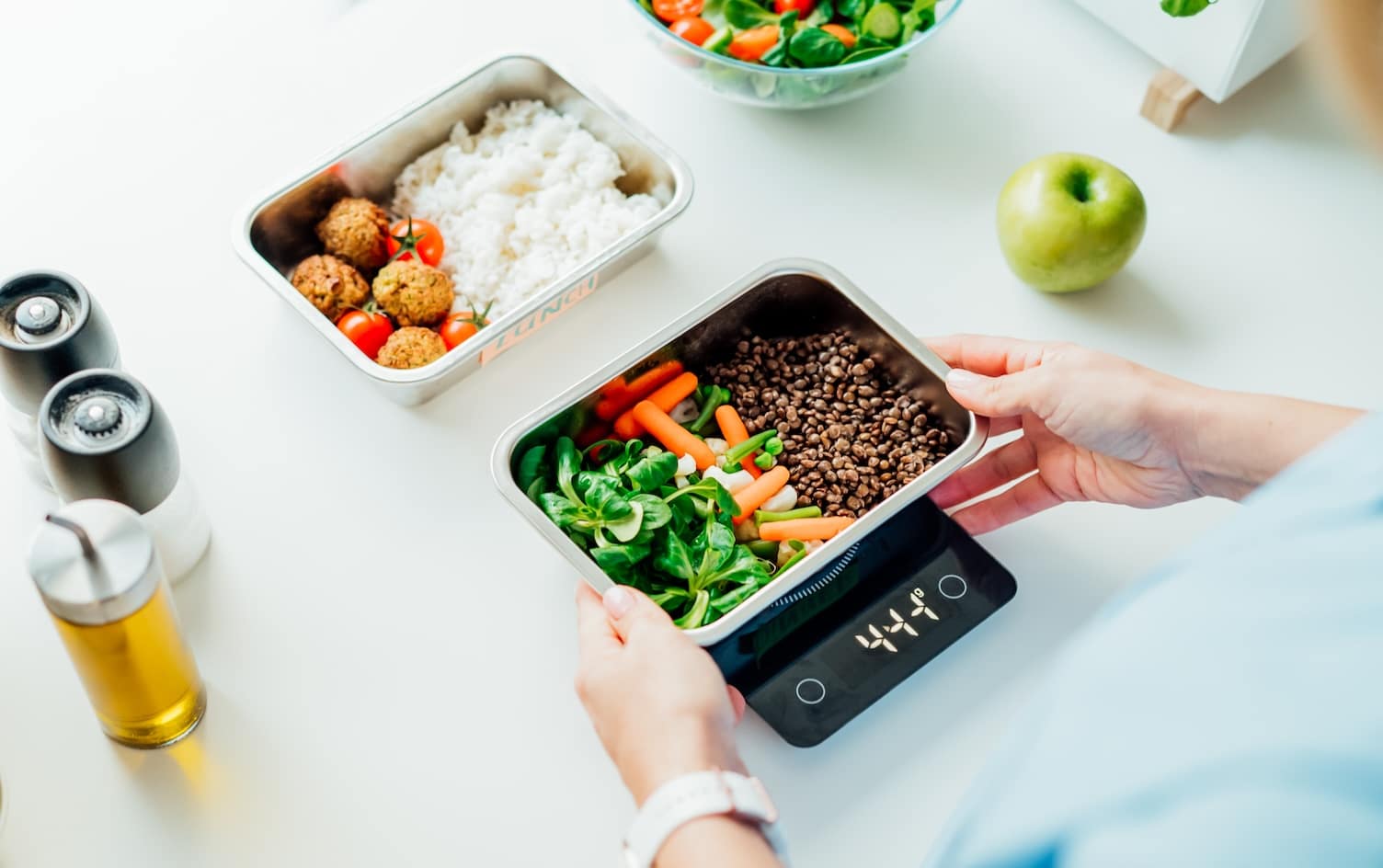After you finish working out, your body is in a state of recovery. You probably feel tired, and that’s because you are tired. Your muscles are minutely injured, and any energy and nutrients your body had stored away have probably been used up. Nutrients will help you heal properly, so you need to get the ones you’ve lost back into your system as soon as you’re finished pumping iron. How do you do that? Only our favorite way: With a nutritious snack.
Before you pick your snack, it’s important to understand that different workouts necessitate different nutrients in different ratios. For example, after an intense cardio sesh you’re going to want to stock up on a bunch of carbs and a bit of protein. Strength training, however, is a different ball of wax.
“You are left with microscopic tears in your muscle cells after lifting weights,” Jennifer O’Donnell-Giles M.S., R.D.N., certified sports dietitian, tells SELF. While tearing your muscles may sound bad, it’s actually good. That tearing is what allows them to build up and heal stronger. But they aren’t going to heal all on their own. According to Giles, “nutrients are needed to build back these muscles.”
After strength training, the nutrients that will most help with recovery are protein, carbohydrates, and healthy fats. “Protein replenishes the muscle cell damage, carbohydrates replenish blood sugar loss, and good fats control inflammation,” Giles explains, and no matter the intensity of your strength training workout, you should always aim to eat a ratio of 4:1 protein to carbs. And she says you should try to eat your snack 15 to 20 minutes after you wrap things up at the gym.
One thing that does change with the intensity of your workout is the size of your snack. Usually in the beginning of your strength training practice, Giles says your workouts will tend to be more basic. A lighter intensity workout might consist of 10 to 12 reps of chest presses, barbell squats with lighter weights, push-ups, dips, and pull-ups. After these lighter intensity workouts, Giles says you should eat a snack between 100 and 200 calories.
Further along in your practice, she says your workouts will begin to get more intense. Higher intensity workouts usually include the use of heavier weights, and fewer reps (6 to 9) of moves like deadlifts, leg presses, and jump squats. After these higher intensity workouts, she says to eat between 300 and 500 calories. Below, you can find some snack options for each of these different levels of intensity.
Snacks following light strength training:
These snacks are incredibly simple to throw together and can even be tossed in your gym bag before you head to your workout.
- Homemade granola made with whole oats, dried fruit and nuts
- Low-fat chocolate milk
- Non-fat Greek yogurt
- 1 banana with 1 tablespoon of peanut butter
- 1/2 cup of edamame
Snacks for after intense strength training:
These snacks are a little bit more like meals. And that’s OK. After an intense strength training workout is not the time to being worried about counting calories (though you still don’t want to go totally crazy). Giles says these are exactly what you need.
- Protein smoothie made with 1 scoop high quality whey protein isolate powder, banana, almond milk, frozen berries and spinach
- Two scrambled eggs, with two slices of whole wheat toast, and sliced avocado
- Grilled chicken on high protein whole grain tortilla with hummus and cucumbers
- Quinoa with black beans, diced grilled tofu, chopped kale, olive oil, and sea salt
- Tuna (mixed w non-fat plain Greek yogurt instead of mayo) on whole wheat pita with romaine lettuce and roasted red peppers




